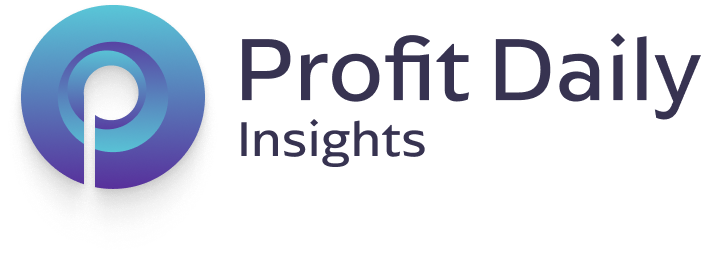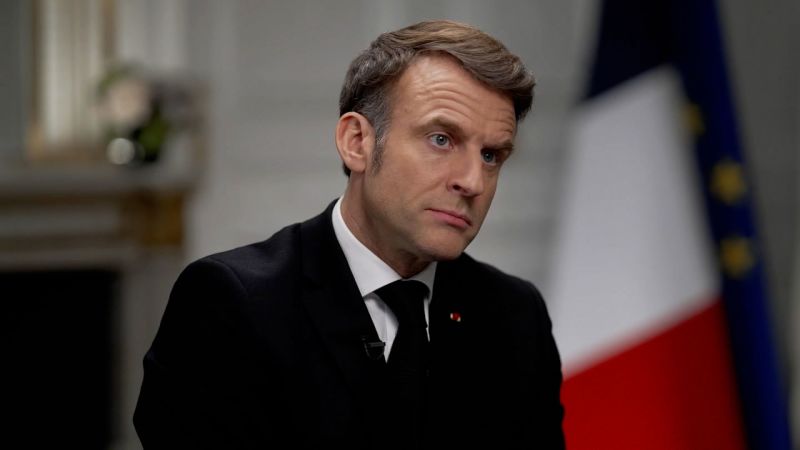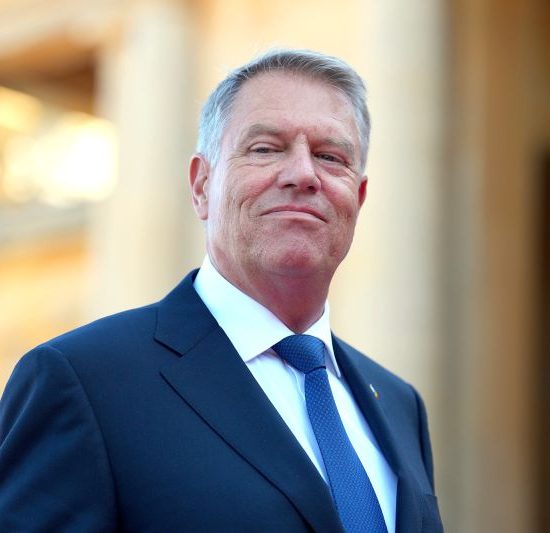For a man who’s spent his career battling to make France more pro-business, Europe’s prospects on artificial intelligence are worrying: an oversight that could cost the bloc dearly.
“We need an AI agenda,” he said, “because we have to bridge the gap with the United States and China on AI.” The French leader added that he fears Europe becoming merely an AI consumer, losing control over the future direction and development of the technology.
That’s part of the impetus behind this week’s AI summit in Paris — the latest effort by Macron to put France at the heart of the debate and decision-making on international questions of the day.
Macron regularly touts the prospects of Paris-based company Mistral, widely considered OpenAI’s European competitor, which launched a new app on Thursday.
The company boasts of its ability to rival its US competitors, by getting the same results with less computing power needed, although the surprise arrival of lower-cost Chinese competitor DeepSeek has put pressure on the French firm.
Europe ‘must do much better’ on financing
With its nuclear-heavy energy portfolio making France a net energy exporter, the country is in an enviable position for the creation of power-ravenous data centers.
France is set to unveil what its government boasts is Europe’s largest supercomputer by fall 2025, outside Paris.
The Mont Valerien site will be a military facility, bringing AI capabilities at scale to help solve design and engineering questions, like the architecture of France’s next aircraft carriers. AI will also be used to improve future military technologies and practices, like anti-drone jamming, according to the French Ministry of Defense.
That’s the exception. With Europe holding a mere 3-5% of global computing power, Macron said he hopes this surplus power will open doors to Europe’s AI future. He has his sights on building 20% of the world’s data centers.
But financing — especially from the United States and the Gulf Arab states — will be key, according to Macron.
It’s where Europe “must do much better,” Macron said.
Finding cash within the continent could be an unwitting boon if President Donald Trump’s tariff threats against European allies come to a head.
“From the standpoint of America, the EU treats us very, very unfairly, very badly,” Trump told the World Economic Forum in January, later threatening to levy tariffs against the bloc after slapping — and then rescinding — stiff import taxes on Canada and Mexico.
Trump’s 10% across-the-board tariffs on China still went into effect, and the president said he will announce new so-called reciprocal tariffs next week that could hit all corners of the world.
Trump has railed against the US trade deficit with the European Union, which increased by $26.9 billion to $235.6 billion in 2024, according to US government figures.
Macron pushed back against this, arguing the trade deficit ignores Europe’s significant spending on digital services, which is often excluded from such calculations.
In response to potential tariffs, Macron said Europe must look to protect producers against American and Chinese competition and, crucially, ease regulation on investments to stem the “leaking” of European savings to the United States. EU Commission President Ursula von der Leyen mirrored that resolute stance last week.
Staying in the race
“I will fight for AI,” he said, calling for a business environment that makes Europe more competitive. “I will fight for more defence and security answers as Europeans. And I will fight for the maximum level of ambition on all these issues.”
February and March will bring announcements and a roadmap of reforms around AI startup regulations, Macron said, in an effort to rival the United States and China’s AI agenda.
“We have to focus on killing some crazy regulations, simplification of the current environment,” Macron said. “Europe has to simplify its rules, make it much more business friendly and synchronize with the United States.”
He hopes, for AI at least, this week’s summit will be a “wake up call” for Europe.





